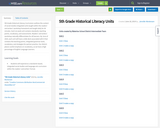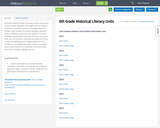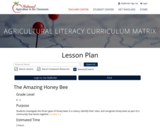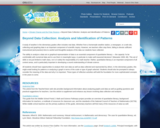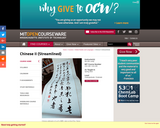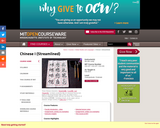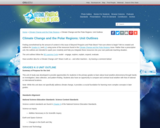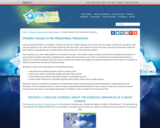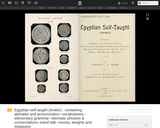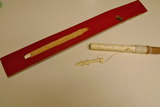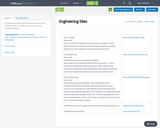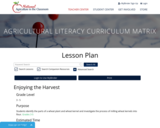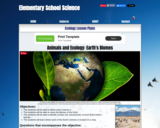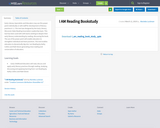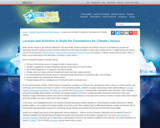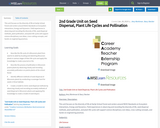
This unit focuses on the diversity of life at Hartje School Forest and centers around NGSS Standards on Ecosystem Interactions, Energy and Dynamics. Field experiences in observing and recording the diversity of life, seed dispersal methods, plant pollination, and plant life cycles will support science disciplinary core ideas, cross-cutting concepts, and hands-on engineering practices.
- Subject:
- Agriculture, Food and Natural Resources
- Career and Technical Education
- Education
- Educational Technology
- Elementary Education
- Environmental Science
- Life Science
- Technology and Engineering
- Material Type:
- Activity/Lab
- Diagram/Illustration
- Formative Assessment
- Interactive
- Interim/Summative Assessment
- Learning Task
- Lesson
- Lesson Plan
- Module
- Unit of Study
- Date Added:
- 01/28/2019
